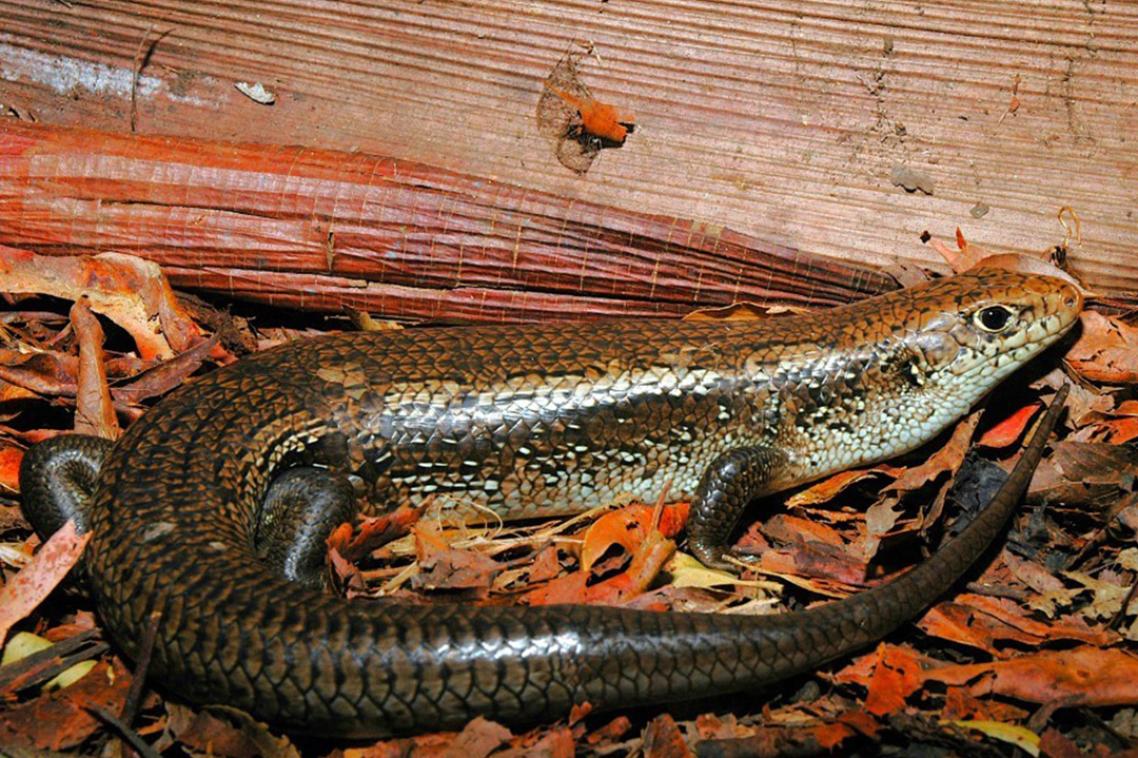Research investigates treatment of fears and phobias
University of Queensland postgraduate student Madeline Farmer is looking to recruit people between the ages of 65 – 80 who may have a phobia to take part in a research study.
Currently completing a Professional Doctorate of Clinical Psychology and Geropsychology, Ms Farmer is exploring phobias in older adults and how they respond to their feared stimulus before and after treatment.
The study will focus on an individual’s physical reaction to pictures of their phobia, in order to determine whether this reaction changes with age, and whether it changes with treatment.
Ms Farmer said the aim of the project was to shed light on age differences in anxiety symptoms.
“A phobia is a marked and persistent fear of an object, situation or event, which is excessive and unreasonable, and which interferes with one’s everyday life," Ms Farmer said.
“Phobias are more common than is often thought, with phobias being one of the most common anxiety disorders experienced by older adults. But the good news is, phobias have been shown to be effectively treated with psychotherapy,” she said.
According to research literature, cognitive-behavioural therapy (CBT) using an exposure-based intervention is the most effective treatment for specific phobias.
“Numbers for all anxiety disorders worldwide range from five to 15 percent, with both phobias and disorders less common in later life, but often more distressing," she said.
“Fear of spiders and insects in general are the most common form of specific phobia in people aged 65+. Other common fears are dogs, cats, blood/injury, heights, enclosed spaces and even ceiling fans.
“More unusual fears include fear of beards (pogonophobia), fear of vegetables (lachanophobia), and fear of relatives (syngenesophobia).”
Ms Farmer said people who suffer from a phobia felt intensely anxious when they are confronted with their feared object or situation.
“They can experience physical symptoms such as increased breathing and heart rate, dry mouth, sweating, shaking hands, dizziness, nausea and other sensations, which can sometimes lead to a panic attack,” she said.
The University is looking for people to take part in this research project immediately. Participation in the study is free, and will involve pre-treatment assessments, psychological treatment for phobias using group cognitive-behavioural therapy conducted over 10 weeks, psycho physiological measurements and follow-up testing.
If you would like more information about this study, or would like to participate, please contact Madeline Farmer: madeline.farmer@uqconnect.edu.au or 0415 701 290.
Related articles
Dodging banana diseases is value for money

How Aussie skinks outsmart lethal snake venom
Media contact
UQ Communications
communications@uq.edu.au
+61 429 056 139
